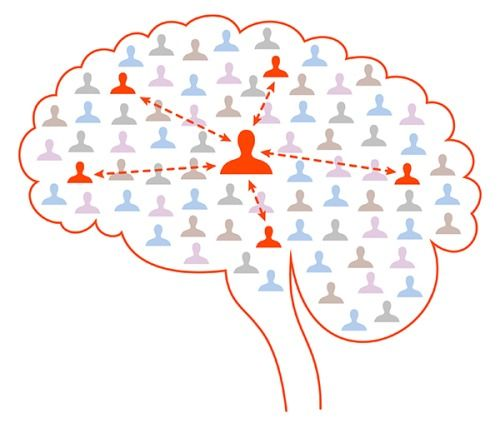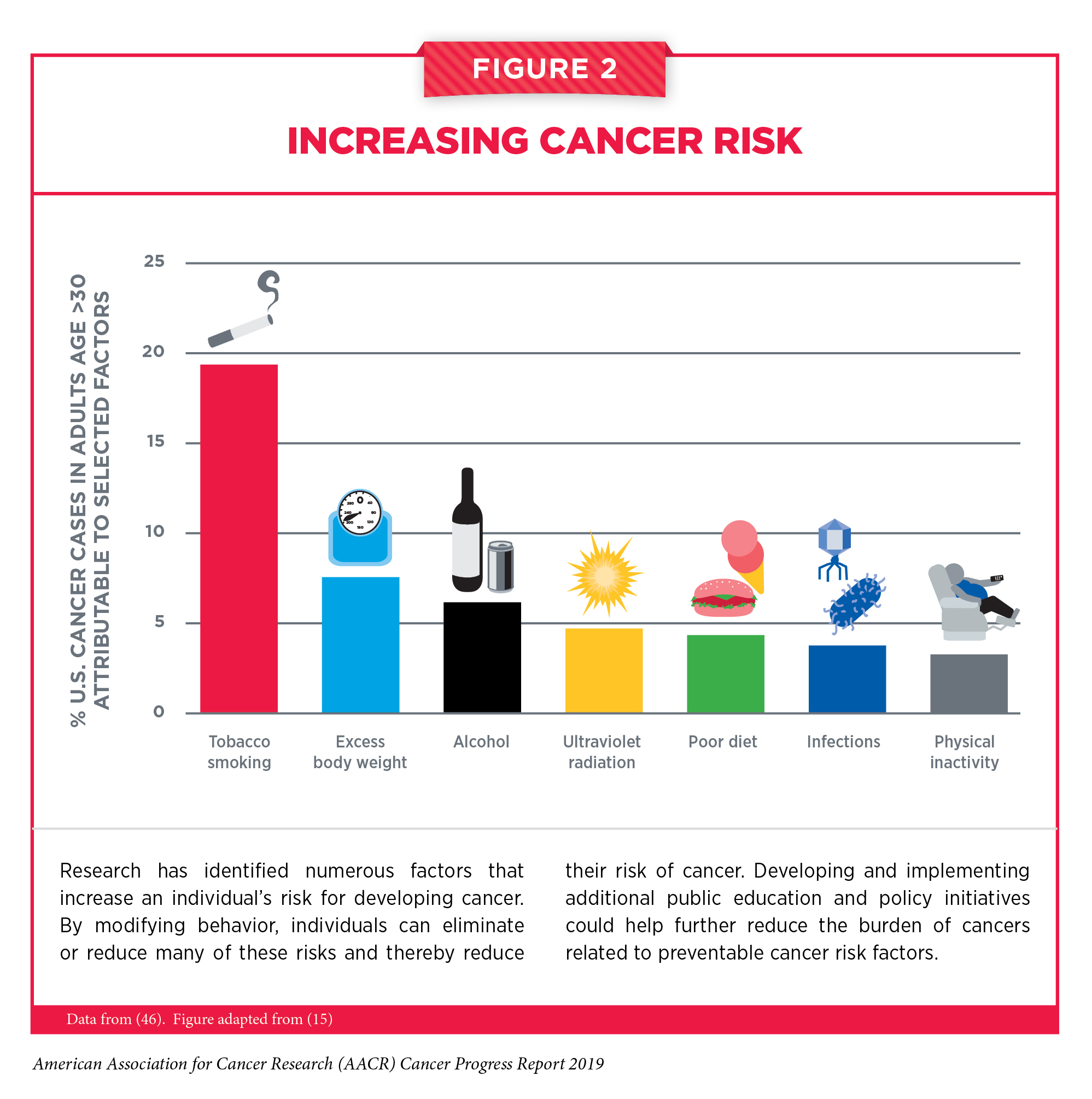The neurological basis of social connection is an emerging area of research that highlights the critical role interpersonal relationships play in our overall well-being. Recent studies indicate that the brain’s mechanisms for social interaction are akin to those governing basic human needs like food and water, underlining the importance of social interaction in maintaining mental health. Health professionals are increasingly recognizing the detrimental effects of social isolation, particularly in the wake of the rising prevalence of loneliness, as emphasized by the U.S. Surgeon General. Investigations into hypothalamic circuits have revealed intricate neural pathways that dictate our desire for social engagement, shedding light on how social needs are ingrained in our biology. As we explore the neurological connections that define our social behavior, it becomes increasingly clear that fulfilling these needs is essential not only for emotional balance but also for combating mental health issues exacerbated by isolation.
Understanding the brain’s architecture related to interpersonal bonds is vital for grasping how human connections function biologically. The exploration of how our nervous system facilitates social ties opens up discussions on the psychological necessity of companionship and interaction. Contemporary studies suggest that the desire for social engagement might mirror our biological impulses for thirst and hunger, emphasizing the physiological importance of social interactions. This perspective aids in assessing the implications of social disconnection, particularly regarding its impact on emotional health and well-being. As scientists delve into the neural substrates of social behavior, we gain insights into how social dynamics shape our experiences and life satisfaction.
The Importance of Social Connection for Mental Health
Social connection has been recognized as a fundamental human need, paralleling necessities like food and water. Research indicates that the absence of meaningful interactions can lead to detrimental mental health effects, including increased vulnerability to anxiety, depression, and loneliness. This is increasingly significant in today’s society, where social isolation is prevalent, especially following global events such as the pandemic. Understanding the importance of social interaction in this context reveals how critical it is for maintaining mental wellness.
The implications of social connection extend beyond mental health outcomes; they impact our biological systems, including mechanisms for stress regulation and emotional resilience. Studies have shown that regular social interaction can enhance overall well-being, reduce the risk of chronic illnesses, and promote a healthier immune response. This underscores the societal need to cultivate environments that support social interaction for improved public health outcomes.
Neurological Basis of Social Connection and Its Effects on Behavior
Recent research into the neurological basis of social connection has unearthed fascinating insights into how social behaviors are encoded in the brain. The hypothalamus plays a crucial role in governing social needs, with studies suggesting that neurons within this brain region are activated not only during social interactions but also in response to social deprivation. The researchers leading these studies emphasize that the compulsion to seek social contact may be more analogous to basic drives such as hunger, prioritizing social engagement as a biological imperative.
Moreover, when researchers investigate the mechanisms behind social behaviors, they highlight how isolation affects the brain’s processing of social stimuli. For instance, prolonged periods of social isolation can lead to adverse changes in social preferences, shifting the innate desire for social connection to averse responses. This deeper understanding of the hypothalamic circuitry may reveal potential interventions for mental health disorders characterized by social withdrawal, emphasizing the need for innovative therapeutic strategies.
The Psychosocial Impact of Loneliness
Loneliness poses significant psychosocial challenges that can impair an individual’s quality of life. Research indicates that feelings of loneliness can be as harmful to health as other risk factors like smoking or obesity. Individuals experiencing chronic loneliness may face diminished cognitive functions, increased anxiety, and an overall decline in emotional health. Recognizing and addressing loneliness is critical in developing community-based strategies that foster social interactions and mitigate the risks associated with isolation.
Furthermore, contemporary research situates loneliness within a broader social context, recognizing its role as a significant public health issue. Social connection research emphasizes that collective societal efforts are necessary to combat loneliness, such as promoting programs aimed at increasing social engagement and reducing stigmas associated with seeking social support. By highlighting the psychosocial impacts of loneliness, we can shift towards fostering environments that encourage healthy interactions.
Touch as a Fundamental Aspect of Social Behavior
Touch is increasingly recognized as a critical component of social connection, influencing both emotional and physiological well-being. Studies involving animal models have demonstrated that tactile interactions significantly enhance social bonding and reduce feelings of isolation. The instinctive need for physical touch mirrors the profound effects it has on humans, where simple gestures such as hugs and handshakes can foster feelings of safety and belonging.
In an age where digital communication often supplants face-to-face interaction, the loss of touch-based social behaviors can exacerbate feelings of isolation. Researchers argue that the absence of tactile communication may lead to unmet social needs that contribute to loneliness and its associated health issues. Recognizing the importance of touch in social interactions emphasizes the necessity to cultivate environments that nurture physical contact, promoting healthier relationships and emotional resilience.
Health Implications of Social Isolation
Social isolation has significant health implications, extending beyond the psychological realm and into physical health outcomes. Growing evidence links prolonged isolation with increased risks of chronic diseases, such as cardiovascular illnesses, obesity, and weakened immune function. This intersection of mental and physical health underscores the need to prioritize social connectivity as a crucial factor in holistic health policies.
Moreover, understanding the health implications of social isolation helps frame public health initiatives aimed at combating this modern epidemic. By creating supportive community structures that facilitate social interactions, we can address both preventable health concerns related to isolation and improve overall societal well-being. Raising awareness about the health risks associated with loneliness can drive action towards creating inclusive environments and promoting frequent social exchanges.
Adapting to Modern Socialization Challenges
In today’s rapidly changing social landscape, traditional modes of interaction are being supplemented — and sometimes replaced — by digital communication. This shift presents challenges in maintaining meaningful social connections, as reliance on screens can diminish the quality and depth of social interactions. Researchers advocate for recognizing these changes and understanding their effects on mental and physical health, urging adaptations in how we engage with friends, family, and communities.
To navigate these challenges, cultivating awareness about the importance of in-person interactions becomes vital. Even small actions, such as organizing community meet-ups or encouraging family gatherings, can play a role in mitigating the effects of modern social isolation. By promoting these initiatives, we foster a supportive culture that prioritizes direct social engagement, helping to combat the loneliness epidemic exacerbated by the digital divide.
The Role of Social Bonds in Personal Relationships
Social bonds play a fundamental role in shaping personal relationships and lasting connections with others. Research highlights the crucial impact of these bonds on emotional regulation, relationship satisfaction, and overall well-being. Strong social ties are intrinsically linked to psychological support systems, providing individuals with resilience against life’s challenges, such as stress and unexpected hardships.
Moreover, the formation and maintenance of strong social bonds can enhance feelings of belonging and acceptance, crucial for mental health. Understanding the dynamics of social relationships allows us to explore the nuances of human interaction, further emphasizing the importance of nurturing these connections in fostering healthy, fulfilling lives.
Finding Solutions for Building Social Connections
Addressing the challenges of building social connections in today’s society demands innovative approaches tailored to our evolving social landscape. Programs aimed at promoting social engagement must be adaptive, integrating both traditional face-to-face interactions and technological tools to foster connectivity. Community initiatives that encourage group activities, workshops, and social events can effectively tackle feelings of isolation and loneliness.
Moreover, fostering inclusivity within these programs is essential to ensure that individuals from all walks of life feel welcomed and engaged. By prioritizing social connection at the community level, we can create networks of support that not only diminish loneliness but also encourage participation in meaningful relationships. The solution lies in embracing diverse approaches to connectivity, enhancing both individual and community well-being.
Future Research Directions in Social Connection Studies
As researchers delve deeper into the complexities of social connections, future studies will likely focus on the intricate interplay between neurological mechanisms and social behavior. Understanding the hypothalamic circuits and their roles in social interaction opens new avenues for exploring interventions aimed at addressing mental health issues such as social anxiety or depression. The journey of discovering the biological underpinnings of social needs may lead to transformative strategies in therapeutic contexts.
Furthermore, ongoing investigation into the effects of modern technology on social behavior will be paramount. By examining how digital interactions affect our innate desires for social connectivity, future research can inform better design principles for technology that nurtures rather than detracts from meaningful social experiences. These explorations will ultimately contribute valuable insights towards enhancing social connection amidst evolving societal dynamics.
Frequently Asked Questions
What is the neurological basis of social connection and its implications for mental health?
The neurological basis of social connection involves specific brain circuits, particularly in the hypothalamus, that regulate our need for social interaction. Research indicates that just as we feel hunger or thirst when deprived, social deprivation can drive a similar urge for social contact. This understanding is crucial, especially since lack of social interaction is linked to mental health issues like depression and loneliness.
How does social connection research explain the effects of social isolation on mental health?
Social connection research highlights that social isolation activates specific neuronal circuits in the brain that are akin to those governing basic physiological needs like hunger. Prolonged social isolation can lead to negative mental health outcomes, as evidenced by studies showing that intense loneliness alters the brain’s response to social situations and diminishes the desire for future interactions.
What role do hypothalamic circuits play in the importance of social interaction?
Hypothalamic circuits are critical in regulating the instinctual drives that underlie social interaction. These circuits not only respond to social deprivation by increasing the desire for social contact but also indicate a biological framework aligned with our needs for food and water, emphasizing the essential role of social connections in maintaining mental well-being.
How do researchers study the effects of social isolation on the brain’s understanding of social needs?
Researchers study the effects of social isolation by creating controlled environments that simulate social deprivation, such as isolating mice and observing their behaviors and neural activity during phases of isolation and reunion. This method helps identify the neuronal mechanisms activated during feelings of social need and the resultant behaviors, providing insights into the biological basis of human social interactions.
Why is understanding the neurological basis of social connection important in today’s society?
Understanding the neurological basis of social connection is increasingly vital in today’s society due to the rise of digital interactions at the expense of face-to-face contact. By unraveling how our brains react to social needs, we can better comprehend the psychological impacts of loneliness and the importance of tangible social interactions, which are crucial for mental health.
What implications does the social connection research have for addressing loneliness in public health?
The findings from social connection research suggest that addressing loneliness should be as fundamental as addressing physical health needs. By recognizing that social interaction is a basic human requirement with neurological underpinnings, public health strategies can be formulated to mitigate social isolation, improve mental health outcomes, and promote community engagement.
| Key Concept | Description |
|---|---|
| Social Connection as a Basic Need | Health professionals recognize social connection as crucial as food and shelter, highlighted by the U.S. Surgeon General as a major public health issue. |
| Neurological Research | A study identifies neural mechanisms in the brain, particularly in the hypothalamus, that regulate social needs akin to physiological needs. |
| Study Methodology | Mice were isolated to study neural activation related to social deprivation and reunion phases. |
| Effects of Isolation | Prolonged isolation in mice led to a dislike for social interaction, indicating the importance of balanced social exposure. |
| Role of Touch in Social Connection | Experiments showed that sensory stimulation, particularly touch, is critical for fulfilling social needs. |
| Implications for Human Behavior | With increasing screen interactions, understanding the biological need for touch can inform mental health strategies. |
Summary
The neurological basis of social connection is increasingly acknowledged as a fundamental human need, similar to other crucial physiological requirements like food and water. This area of research underscores the biological mechanisms behind social behaviors and emphasizes the importance of real-life interactions, particularly through the sense of touch. As we understand more about these neural pathways, we can better appreciate how social bonds shape our mental health and overall well-being.




